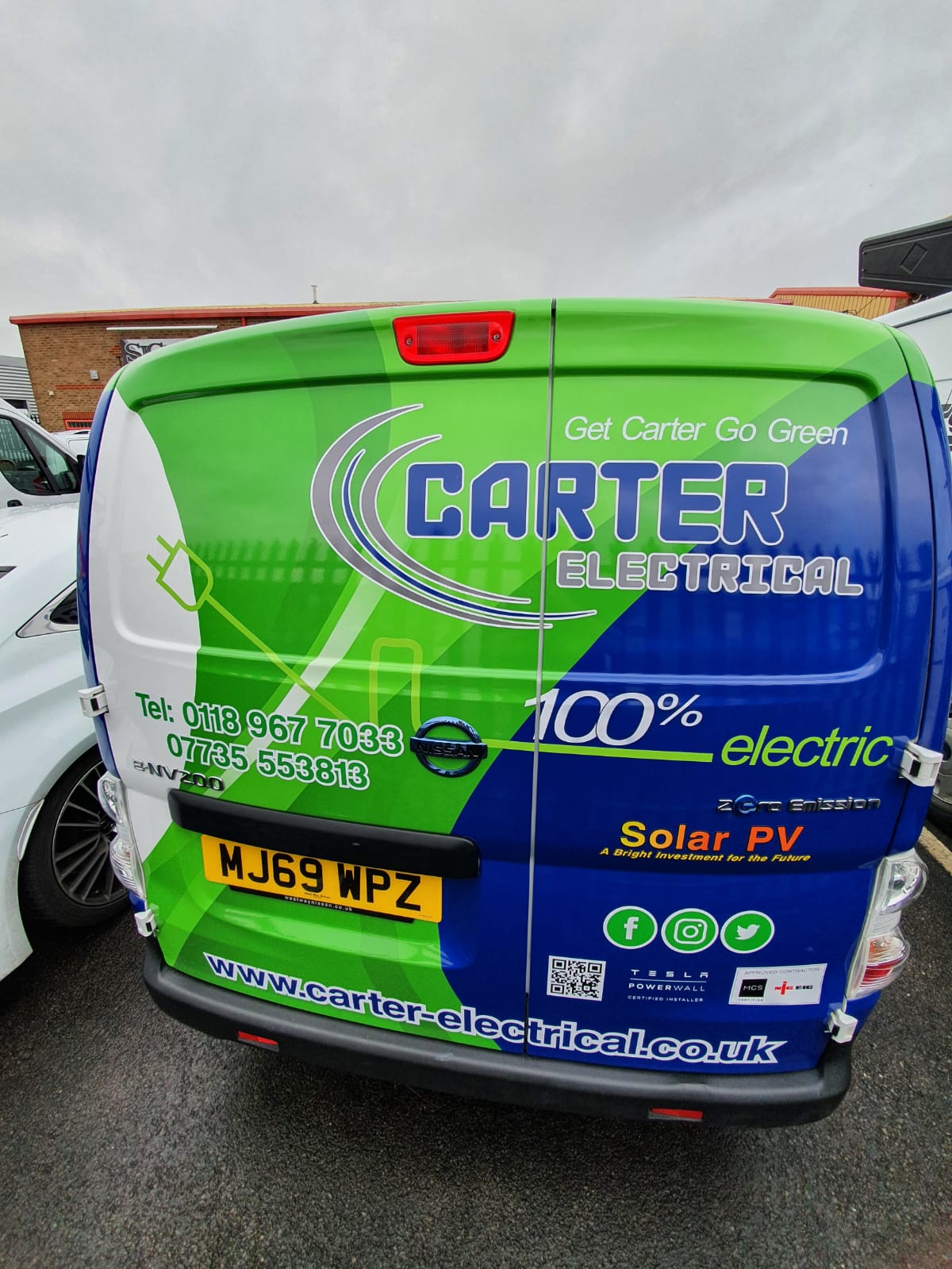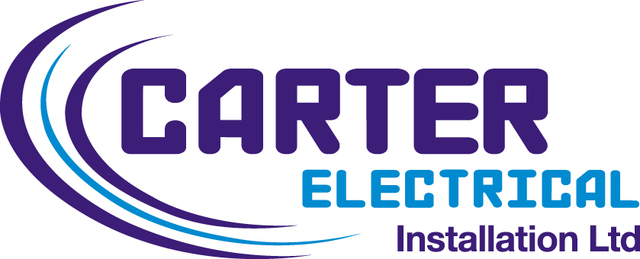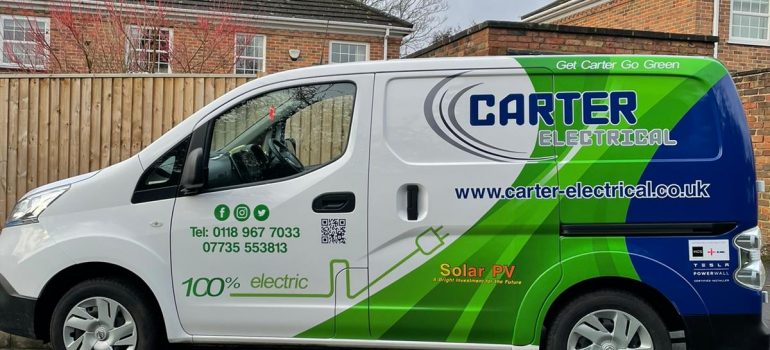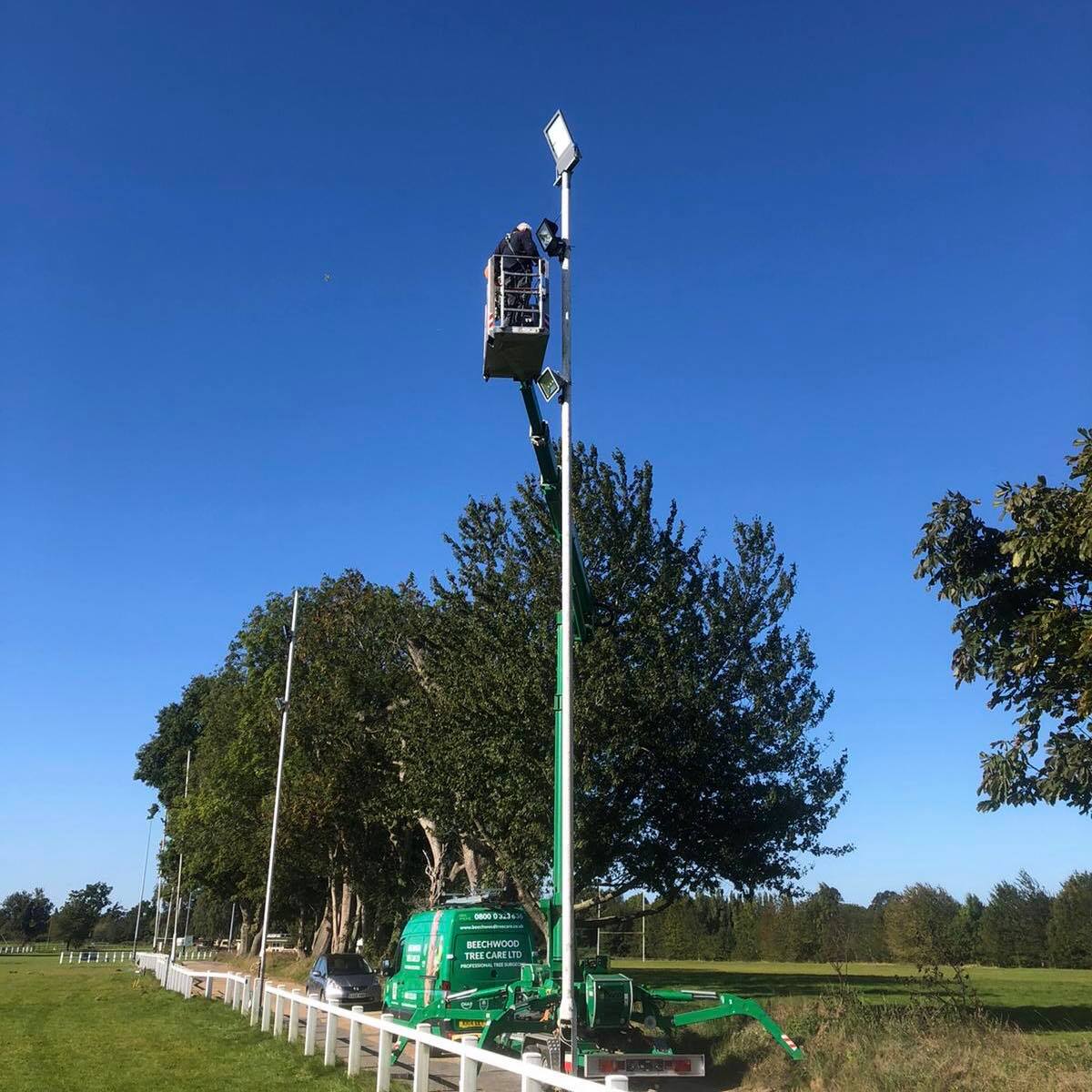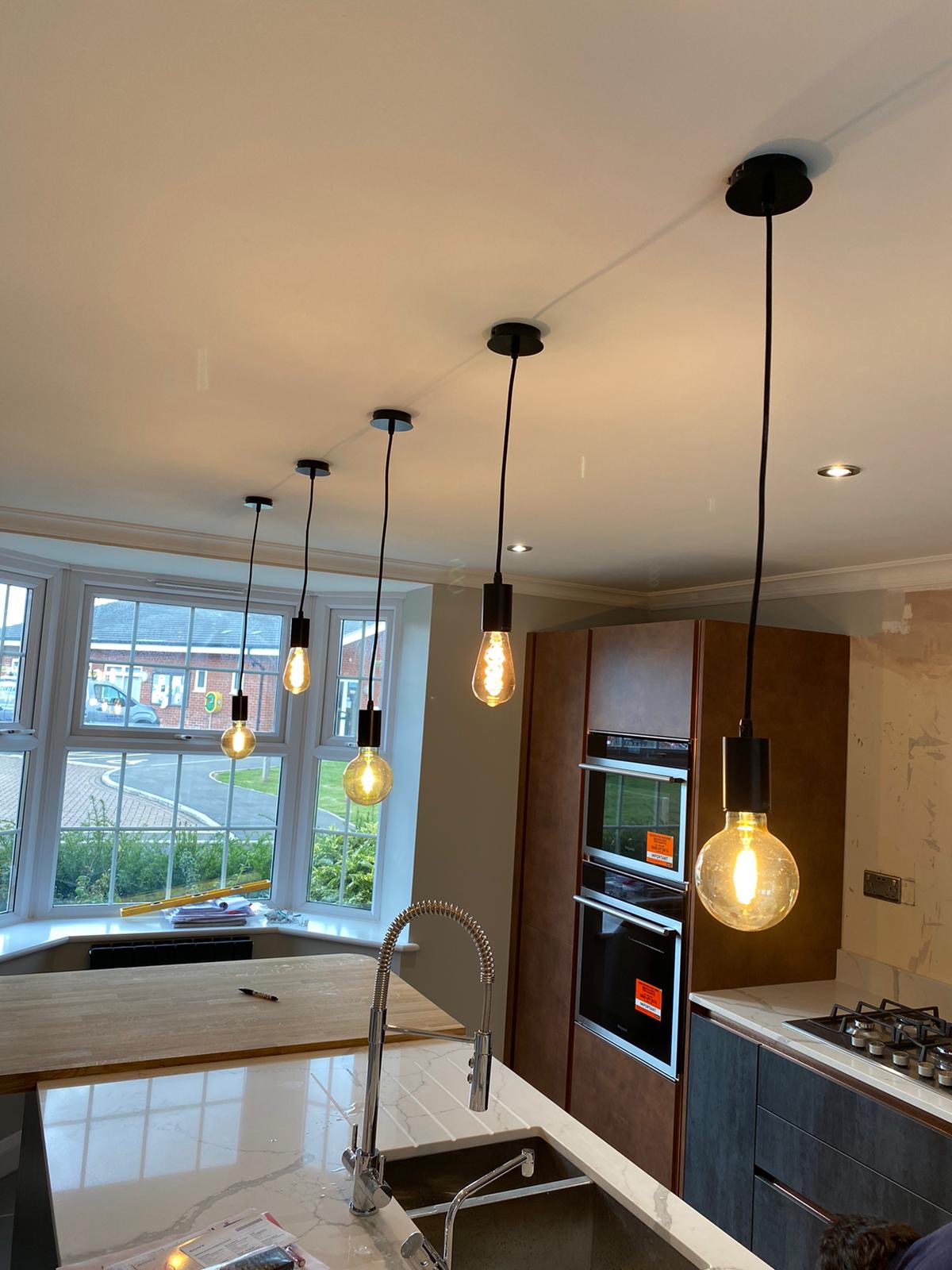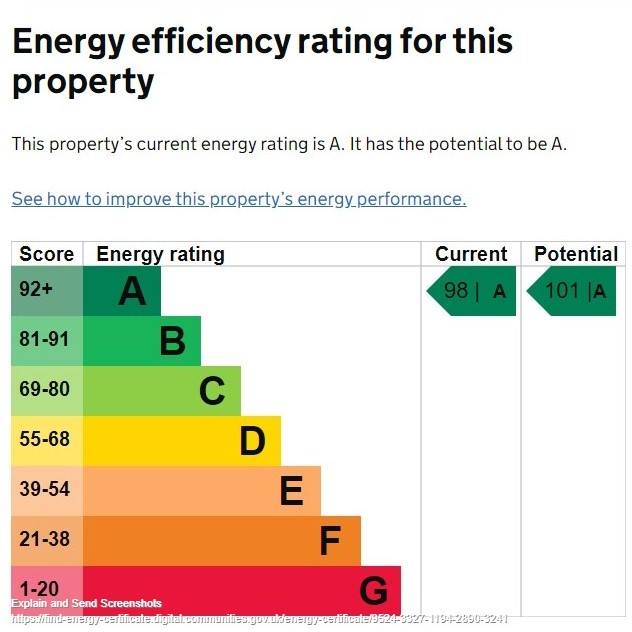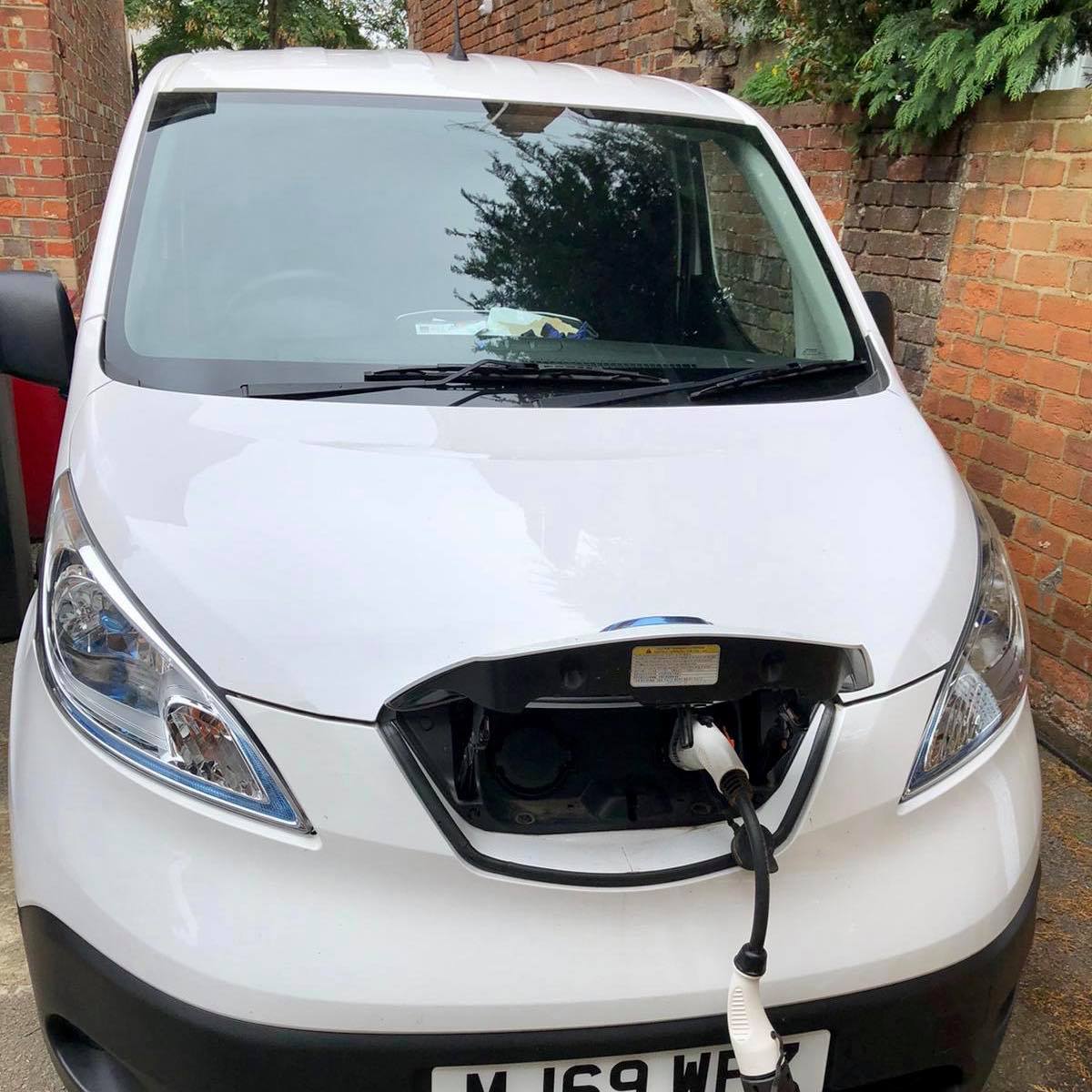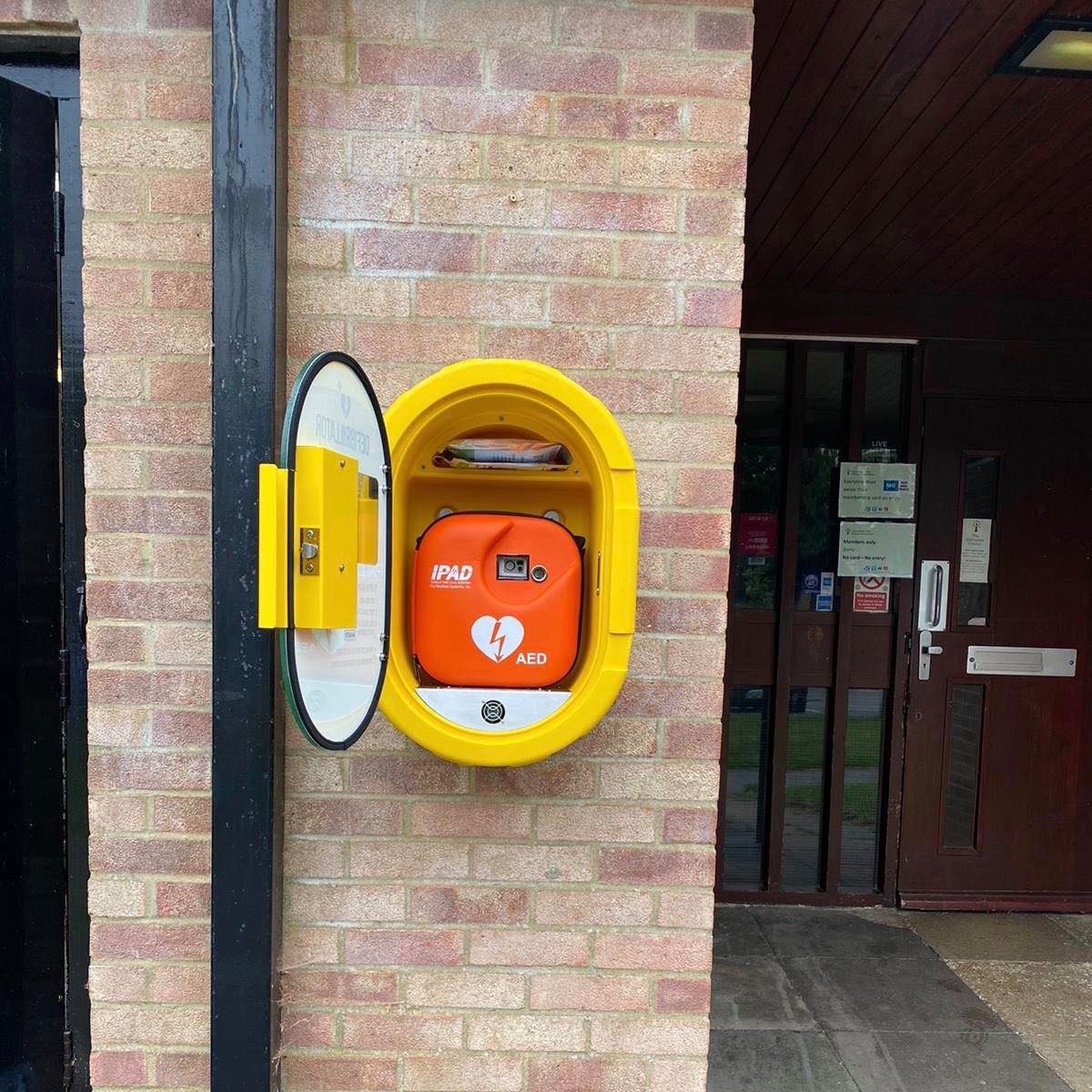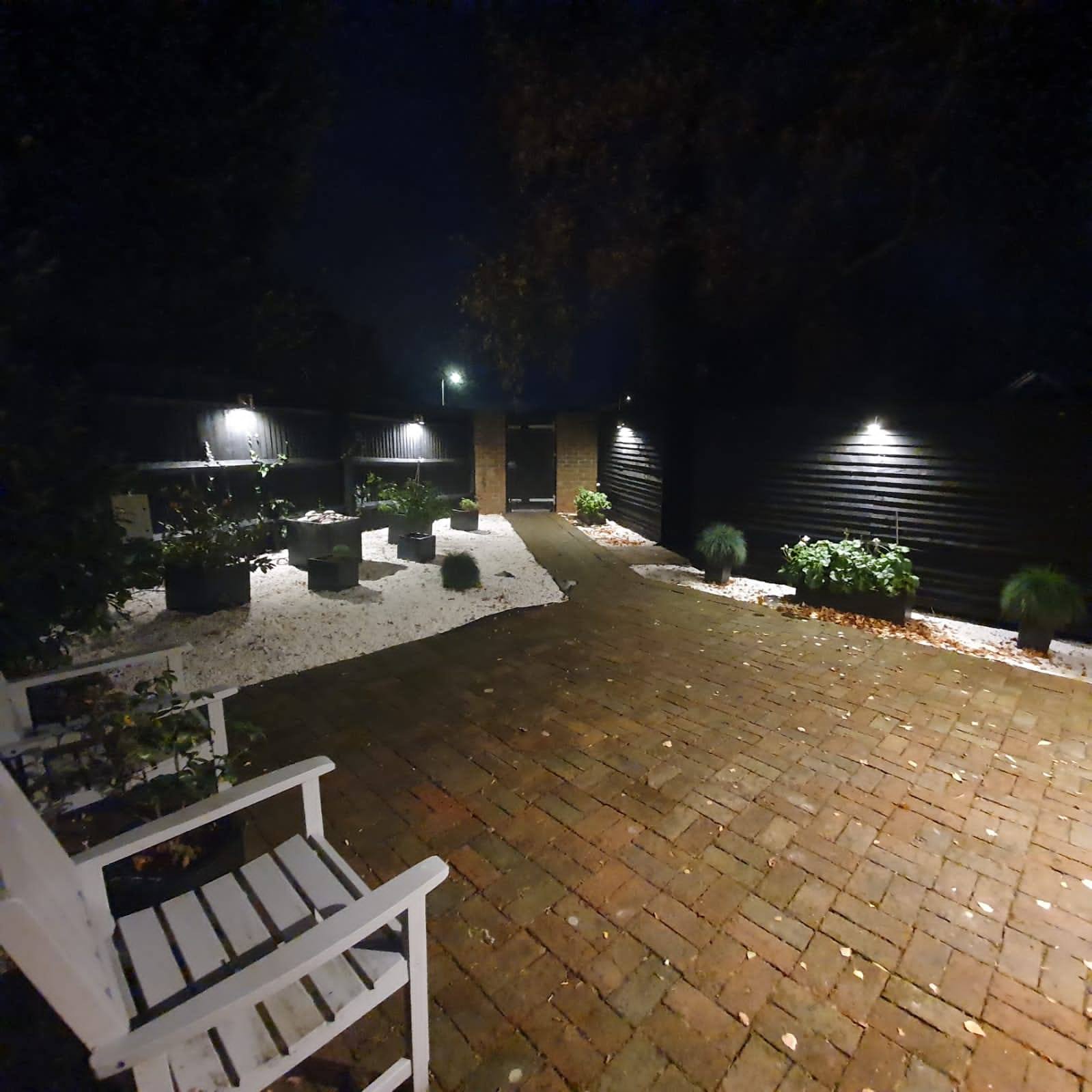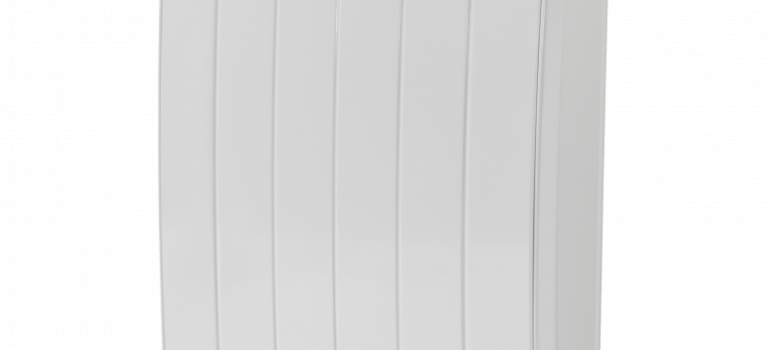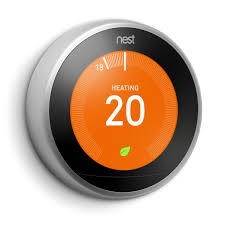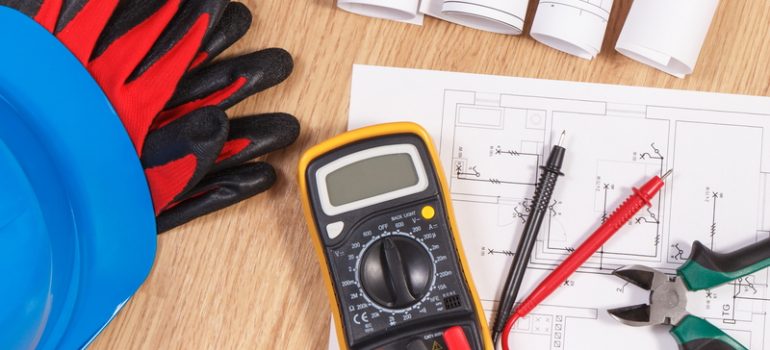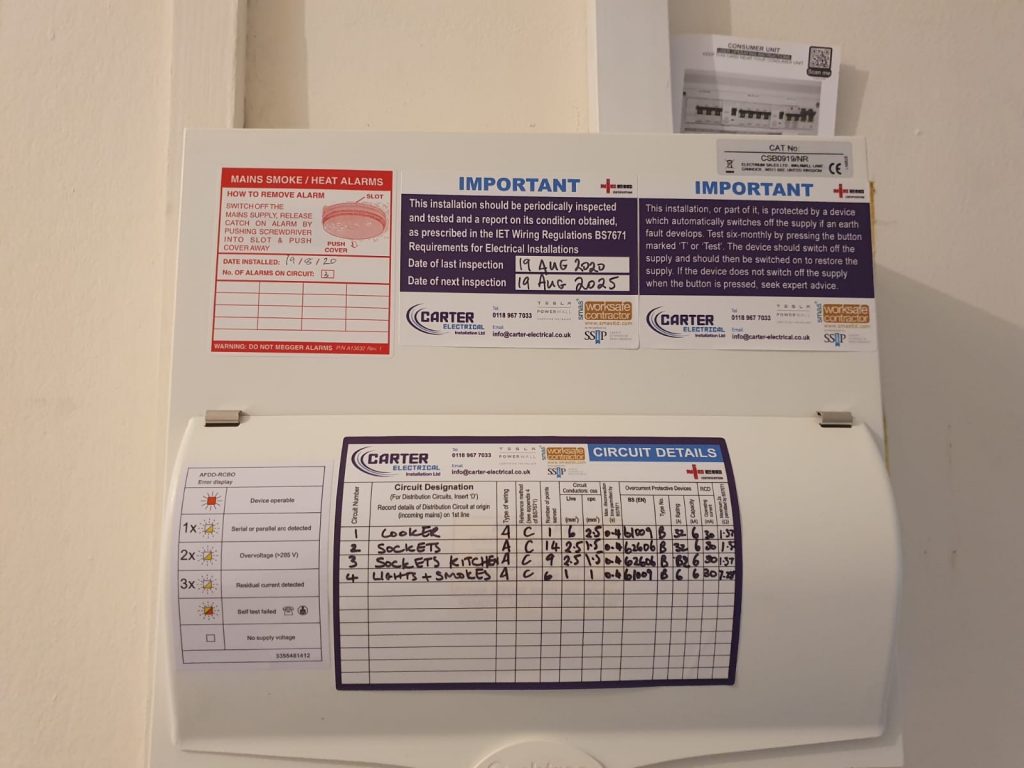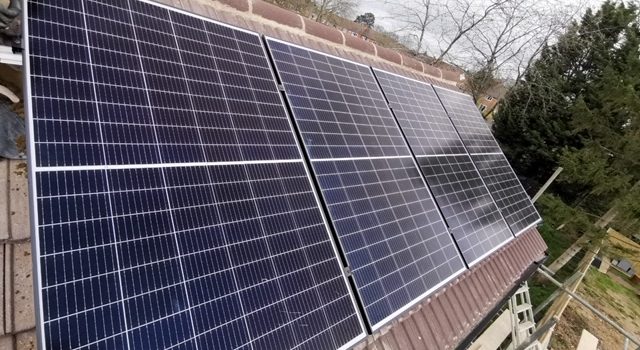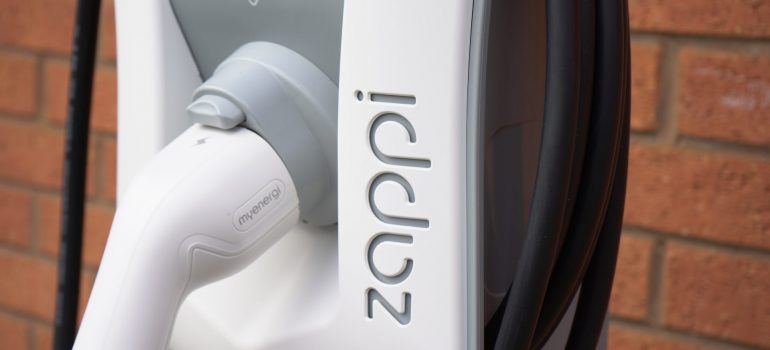Green Is Go For 2021
New Electric Van-Tesla Powerwall-Solar Panels
Here at Carter Electrical we try hard to practice what we preach. So in 2020 we acquired an electric van for the business, installed solar panels and a Tesla battery at our offices. We have also installed similar at our own homes and signed up with Octopus Energy to be more green.
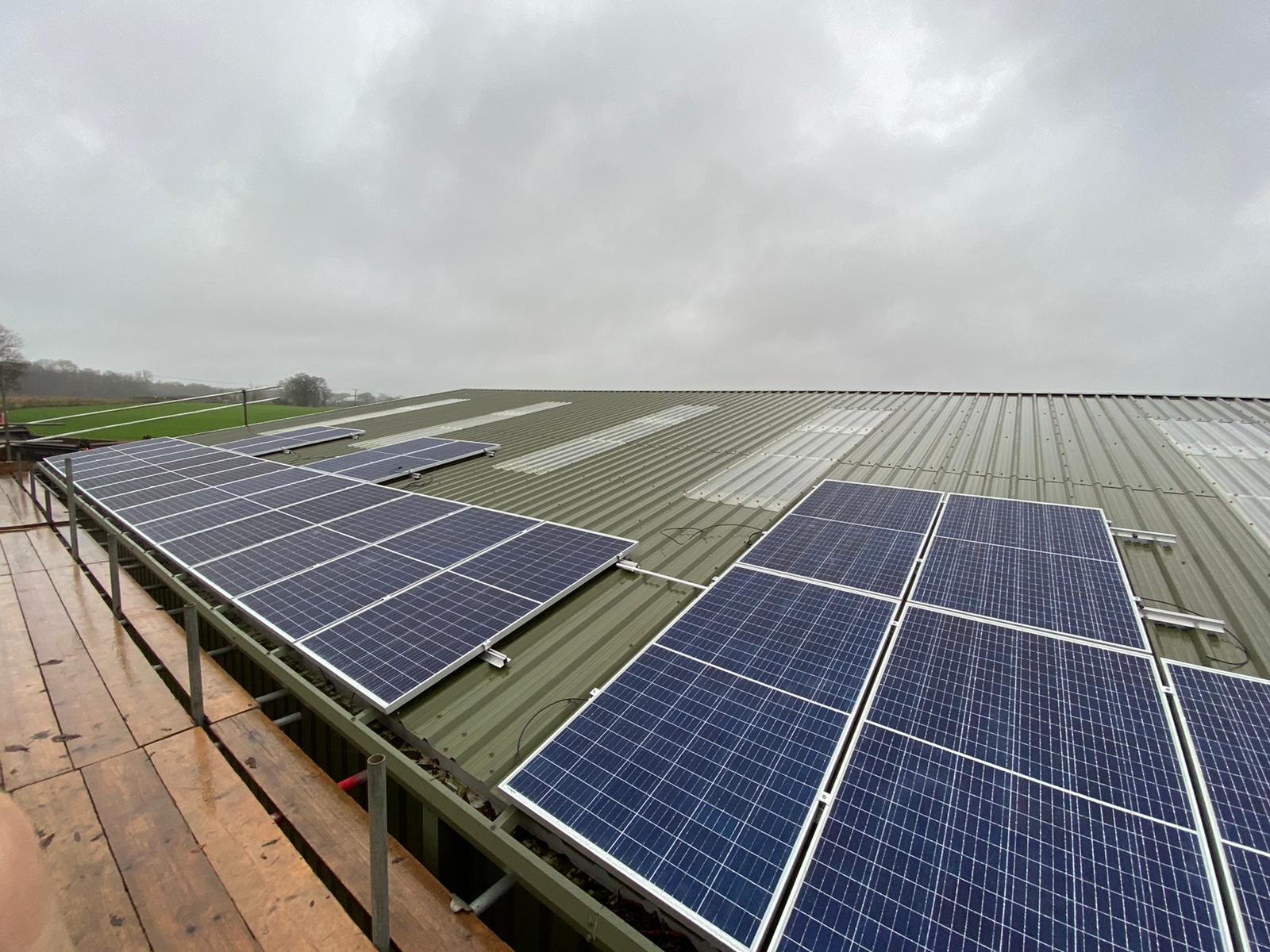
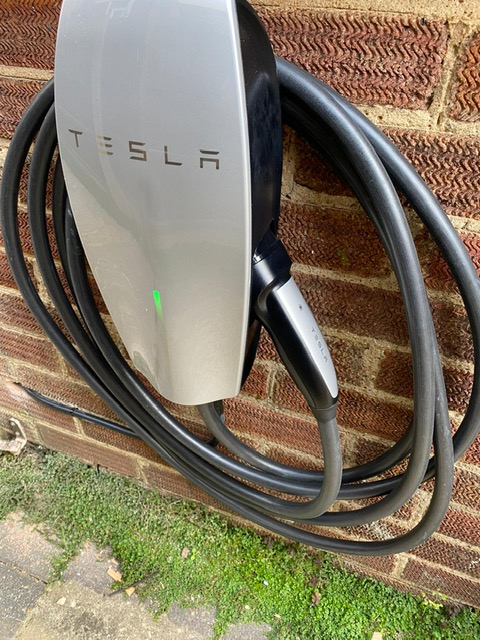
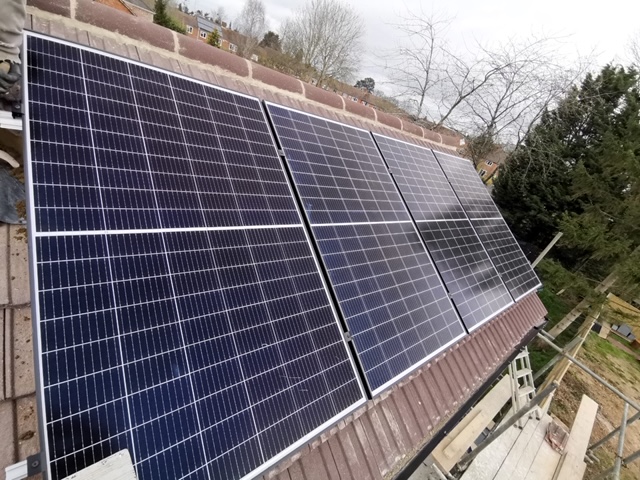
In 2021 we intend to continue this trend in our lives and our business. We would also like to help more of you become greener. So if you need a rapid charging point for your electric car, somebody to fit solar panels, or add a storage battery to your home or place of work we can help. We have the experience of fitting, and using these devices, in our own homes and office.
There are also various government grants available when installing electric vehicle chargers and solar panels. Money saving tariffs are worth looking in to when you have solar panels and a storage battery installed. We can advise on all aspects of an integrated energy system. Also a storage battery can act as a lifesaver if you have a power cut; which has become quite frequent in Berkshire and Oxfordshire in recent years.
Octopus Energy and Tesla Powerwall recently announced a joint energy plan with some of the lowest tariffs available in the market. The Tesla Energy Plan is an energy tariff specifically designed for homes with solar and Powerwall installed, offering 100% clean electricity and savings of up to 75% compared to Big 6 tariffs, based on electricity consumption of 8,000 kWh/year.
So you can save money as well as saving the planet. Do get in touch with us to find out more. Carter Electrical Installations
